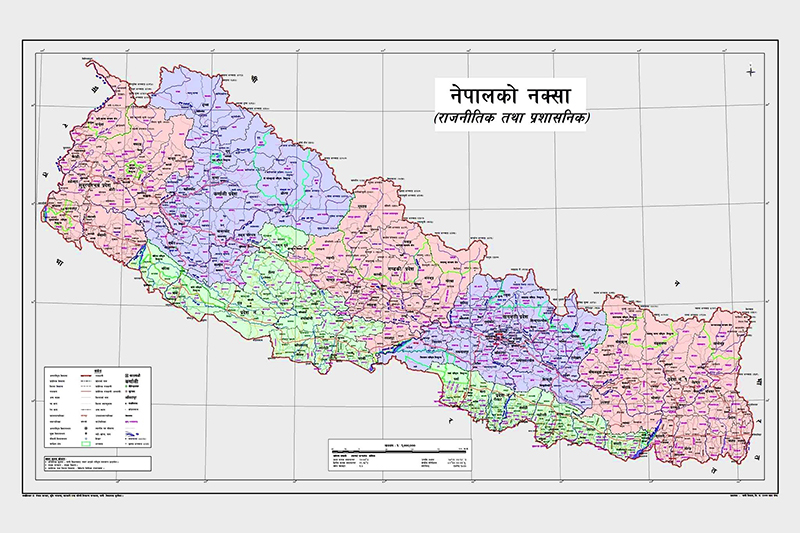Government issues procedure to establish information, record centre at local levels
KATHMANDU, SEPTEMBER 23
The Government of Nepal has issued ‘Procedure on Establishment and Operation of Information and Records Centre’ for local levels.
The procedure will come into effect after it is passed by the executive of the concerned local unit. It aims to make the service delivery technology-based at local levels by systematising production, collection, procession, protection and dissemination of data related to economic, social, cultural, demographic, and administrative and natural resources.
As per the procedure, the executive shall operate an information and records centre to maintain and store data and information of the concerned municipality or rural municipality, in line with the standards set by the National Information Technology Centre.
The information and records centre stores data and information produced, processed and distributed by the departments, divisions, sections and agencies of the government under the purview of the executive and ward offices.
“The centre prepares and maintains both hard and soft copies of information and records them,” it reads. The main server of the centre shall remain at the office of the rural municipality or municipality.
The server will be capable of operating audio-visual citizen charter, grievance redressal mechanism, toll-free hotline, audio notice board, token system, various management and information systems, rural/municipal profile, CCTV camera, email, census data, geoinformatics, virtual meeting software and messaging in an integrated manner.
The centre operates its services on a regular basis, except public holidays. The executive may levy a fee on data and information distributed by it. Office of the concerned rural municipality or municipality shall appoint an information officer for distribution and dissemination of data and information from the centre.
Functions, duties and powers of the information officer are to collect data, information and records prepared by the departments, divisions, sections, units and ward offices; prepare details of data and information that many be provided to general public; ensure easy access of citizens to information and update data and information related to the rural municipality or municipality.
The executive shall have to compulsorily provide all the decisions, study reports, local gazettes, audit reports, data and information of the rural municipality or municipality to the centre. However, the executive may not be obliged to provide highly confidential information as determined by the Right to Information Act-2007. “The centre shall disclose information, except highly confidential ones, on a regular basis,” it reads.
Any person may submit an application to the information officer for solicitation of information intended by him/her. The information officer shall immediately provide information to the applicant as far as possible.
If it is not possible, the information should be provided to the concerned applicant within maximum 15 days.
The procedure also stipulates provision of a grievance hearing authority as designated by the chief administrative officer of the rural municipality or municipality. “Anyone, who is denied information, may lodge a complaint with the grievance hearing authority,” it reads.
A version of this article appears in e-paper on September 24, 2020, of The Himalayan Times.






